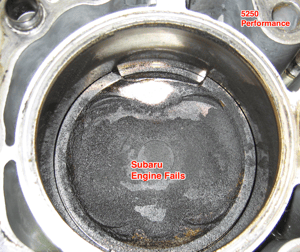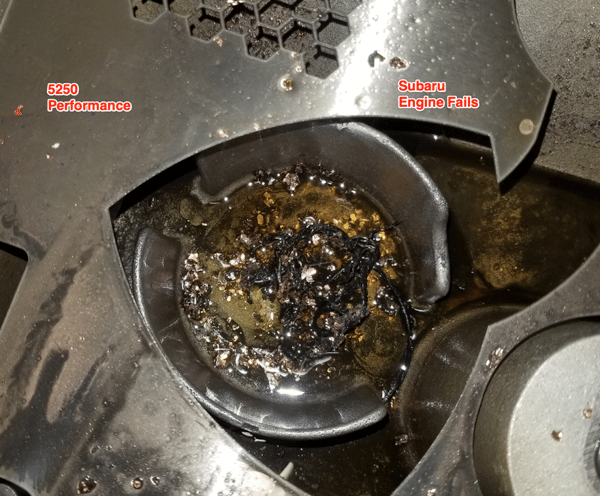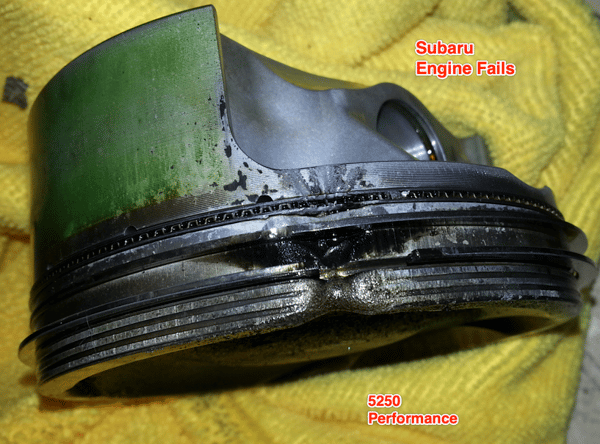 Subaru Engine Failures | 5 things to look for before it happens
Subaru Engine Failures | 5 things to look for before it happens
Motors rarely fail without warning. There is usually some kind of precursor.
Warning signs of a failing motor:
- Oil consumption. Especially if it starts consuming more in a short period of time.
- "glitter" in oil. Early signs of internal failure.
- Coolant in oil is a major sign of head-gasket failure, but rarely presents itself. Drastic changes in coolant overflow reservoir or reservoir empties itself. Black residue in reservoir or buildup under radiator cap are other signs of head gasket.
- Noises. Clanking, clunking, ticking. Most noises are bad, especially if they change / get louder over time.
- Check engine lights and poor running. Combined with smoke coming out tailpipe is a sure sign of a failure.
Pay attention to how the car sounds and feels. Check fluid levels regularly.
New noises and sudden changes in fluid levels should raise alarms.
 Don't forget: A healthy engine will never overheat.
Don't forget: A healthy engine will never overheat.
If the car does something weird, but never does it again, you can probably forget about it. If it happens more than once or can be duplicated on command, get it checked out sooner than later.
Even though you can do your best to look out for these early warning signs, not every engine will last the lifetime of the vehicle, especially if you are modified for more power.
 Sudden catastrophic failure can and does occur. In these situations, there was rarely anything the owner could have done to for-see or prevent the failure.
Sudden catastrophic failure can and does occur. In these situations, there was rarely anything the owner could have done to for-see or prevent the failure.
Failure is part of the process in the search for more power. It will happen, but we can always put it back together again.
Learn the noises and intricacies of your car. If something new pops up, it best to get it to the pros for a check up. Better safe than sorry.



